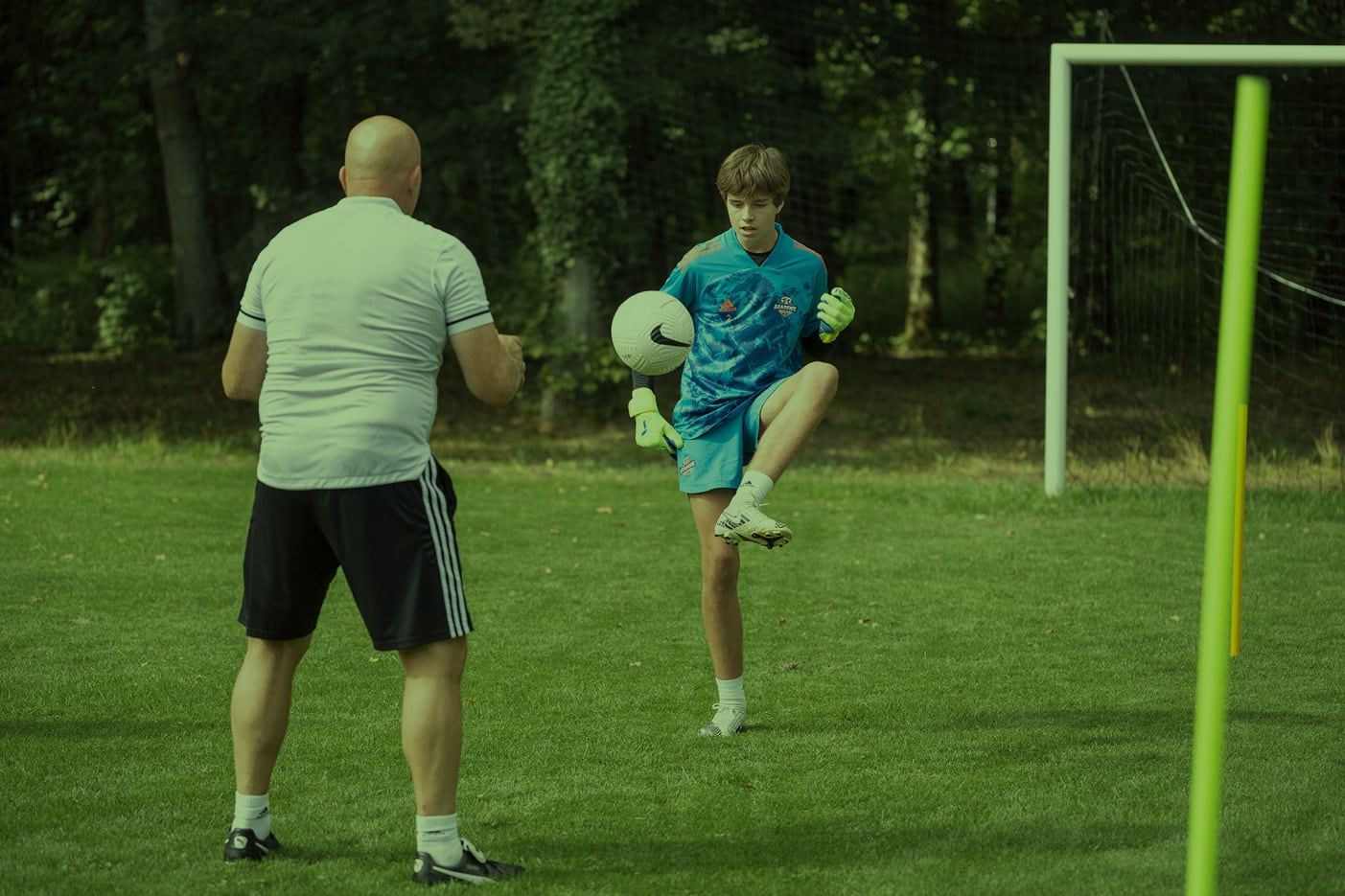
What does a goalkeeper need in order to perform well?
Tanguy Jourdan, Académie Gardien de But
The position of goalkeeper has changed considerably over the last fifty years. The goalkeeper has gone from playing an almost non-existent role to being a major active participant in the success of his team. So how do coaches and staff in charge of goalkeepers’ development approach performance analysis for goalkeepers ?
Consideration of the position of goalkeeper over the years
The position of goalkeeper has been constantly changing since the 1990s. The rules of the game relating to goalkeepers have been amended since the 1992 World Cup, so that they are now an integral part of the team. Indeed, since that year’s World Cup, goalkeepers are no longer allowed to handle the ball following a back-pass from a teammate. In addition, the goalkeeper uses footwork a lot more to bring more speed to the game.
Previously, goalkeepers were evaluated mainly on their ability to make saves. Today, the position of goalkeeper has become the most comprehensive and complex in terms of analysis and coaching.
A disparity in coaching for goalkeepers
Over the years, goalkeeper training has become more comprehensive, particularly in professional structures. The staff do all they can to help goalkeepers improve their physical, tactical and mental capabilities, so that they can perform more effectively. At the same time, in the amateur world, goalkeepers are not always taken into consideration, despite the complexity of the position, and clubs do not always have the necessary resources to help them improve their performance.
At present, the amateur world is not always equipped to train goalkeepers or to analyse their performance. But solutions do exist to address this disparity.
How do you analyse a goalkeeper effectively in a match situation?
The goalkeeping coach must be able to take note of all the details of his goalkeeper’s match in all aspects of the game. These details will enable the coach to adapt his training sessions according to the keeper’s performance.
Areas of focus include technique, tactics, and cognitive and psychological aspects. Coaches have their own methodologies for studying these elements. Some take notes during the match, whereas others will wait for video footage from the match so that they can analyse all these details from a position of hindsight (the latter approach is still rare at amateur level).
In all cases, coaches conduct a review of the match with their goalkeepers at the start of the following week.
